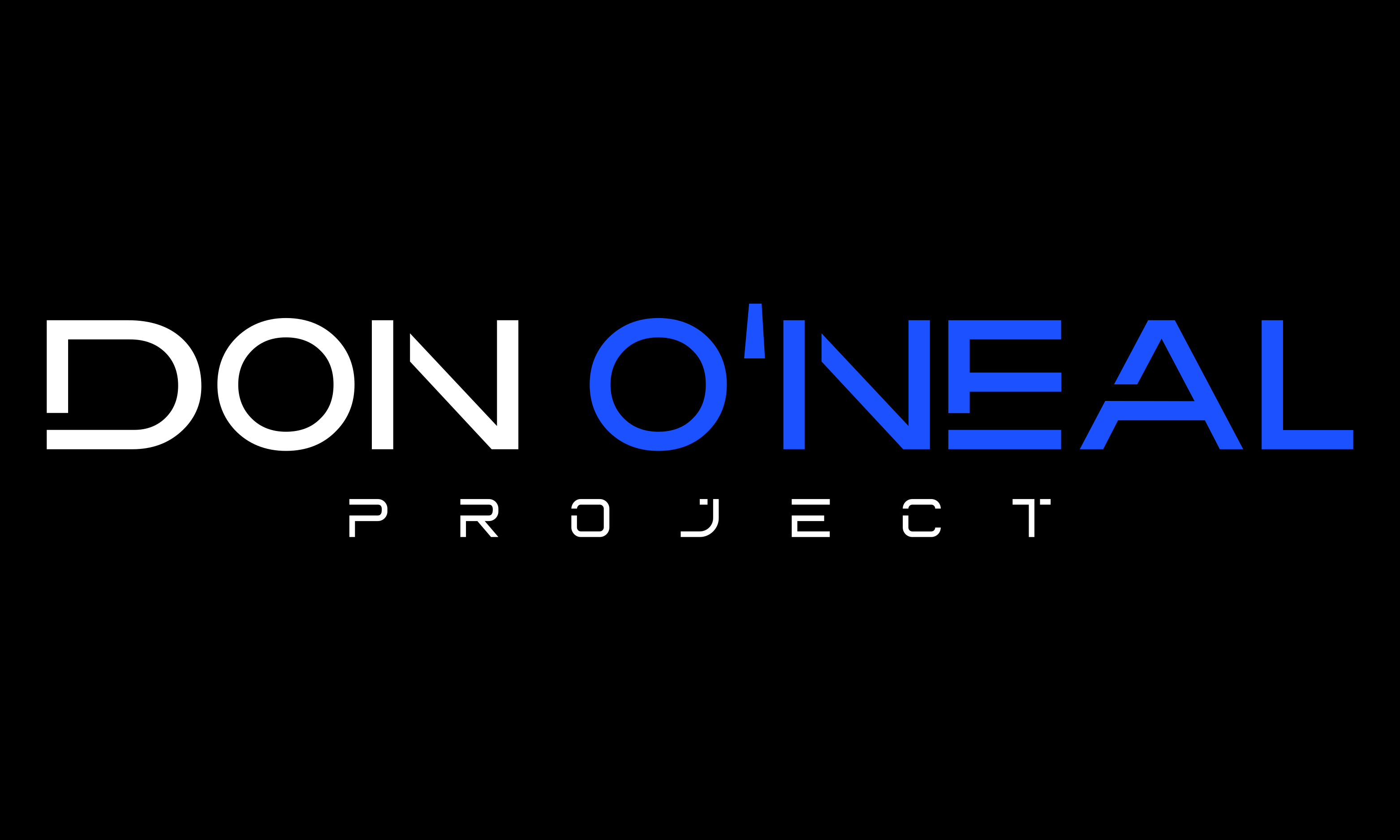In today’s fast-paced world, stress has become an unavoidable part of our daily lives. Whether due to work pressures, family responsibilities, or the constant barrage of information from digital devices, managing stress effectively is essential for maintaining both our physical and mental well-being. This blog post will explore various stress relief techniques that can help you regain control and foster a sense of calm in your life. From mindfulness practices to physical activities, unleash the power of effective strategies to alleviate stress and enhance your overall quality of life.
Understanding Stress
Before diving into specific stress relief techniques, it’s important to understand what stress is and how it affects us.
What is Stress?
Stress is the body’s natural response to challenges or demands, prompting a “fight or flight” reaction. When faced with stressors, our body releases hormones such as adrenaline and cortisol.
- Acute Stress: Short-term stress that triggers immediate responses.
- Chronic Stress: Long-term stress that can affect health over time.
Effects of Stress
Stress can lead to various physical and mental health issues, including:
- Headaches
- Fatigue
- Digestive problems
- Anxiety and depression
Mindfulness and Meditation
Mindfulness is a powerful practice for stress relief, promoting relaxation and a greater awareness of the present moment.
Mindfulness Techniques
- Breathing Exercises: Focus on your breath for a few minutes. Inhale deeply through your nose, hold for a few seconds, and exhale slowly through your mouth.
- Body Scan: Lie down comfortably and mentally scan your body from head to toe, noticing any tension and consciously relaxing those areas.
- Guided Visualization: Visualize a peaceful scene, such as a beach or forest, enhancing your relaxation.
Benefits of Mindfulness
- Reduces anxiety and depression.
- Improves focus and attention.
- Enhances emotional resilience.
Physical Activities
Engaging in physical activities is one of the most effective stress relief techniques available.
Types of Physical Activities
- Yoga: Combines physical postures, breathing techniques, and meditation.
- Walking or Running: Simply getting outside for a brisk walk can boost endorphins and elevate mood.
- Team Sports: Engaging in sports fosters social connections and serves as a great distraction.
Why Exercise Works
Exercise releases endorphins, chemicals in the brain associated with positive feelings. It also:
- Improves sleep quality.
- Increases self-esteem.
- Provides a natural outlet for frustration.
Time Management Techniques
Effective time management can significantly reduce stress levels, making daily tasks more manageable.
Strategies for Better Time Management
- Prioritize Tasks: Use techniques like the Eisenhower Box to distinguish between urgent and important tasks.
- Set Realistic Goals: Break larger tasks into smaller, actionable steps.
- Use a Planner: Schedule your tasks and commitments in advance to avoid last-minute stress.
Benefits of Good Time Management
- Improved productivity and focus.
- More free time for relaxation and self-care.
- Reduced feelings of overwhelm.
Social Support
Having a solid support system is crucial for managing stress.
Building a Support Network
- Stay Connected: Regularly reach out to friends or family, even through text or social media.
- Join Community Groups: Participation in local clubs or online forums can provide new friendships and reduce feelings of isolation.
- Seek Professional Help: Don’t hesitate to consult a therapist or counselor for additional support.
Benefits of Social Support
- Enhances feelings of belonging and reduces loneliness.
- Offers different perspectives on stressors.
- Provides emotional support during tough times.
Conclusion
Incorporating stress relief techniques into your daily routine can profoundly impact your health and happiness. Whether through mindfulness practices, physical activities, effective time management, or building a support network, these strategies can equip you to handle stress more effectively. Remember, the journey to stress relief is personal, and it’s important to find the techniques that resonate with you. Start today and take proactive steps toward a more balanced and peaceful life.



